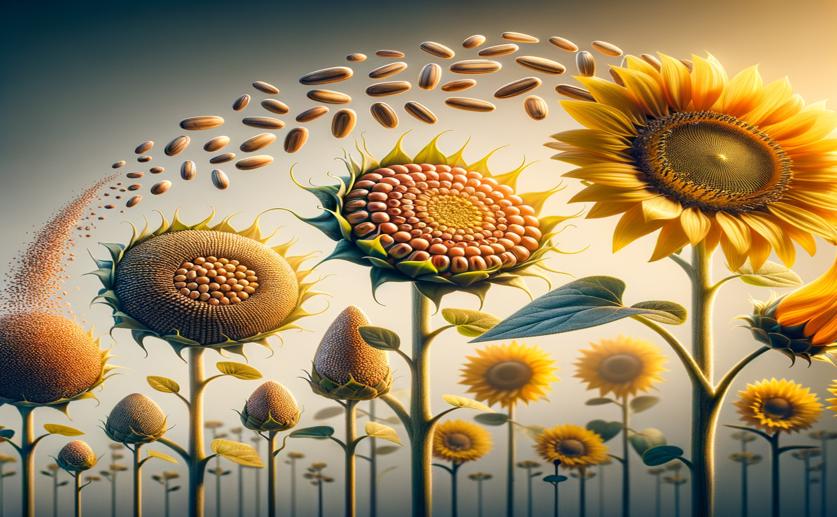
Understanding Gene Evolution in Fat Storage of Major Oilseed Crops
Jenn Hoskins
4th July, 2024

Image Source: Natural Science News, 2024
Key Findings
- The study by ICAR-Indian Institute of Seed Science focused on lipid droplets in major oilseeds to understand gene selection and improve seed oil content and germination
- Positive selection was the main force driving the evolution of 94 genes, including oleosin and TAG-lipases, enhancing lipid metabolism and seed germination
- Species-specific differences in selection pressures were observed, with significant positive selection in oil palm LOX genes and deleterious mutations in Arachis hypogaea oleosins
GeneticsPlant ScienceEvolution
References
Main Study
1) Exploring selection signatures in the divergence and evolution of lipid droplet (LD) associated genes in major oilseed crops.
Published 1st July, 2024
https://doi.org/10.1186/s12864-024-10527-4
Related Studies
2) Ties between Stress and Lipid Droplets Pre-date Seeds.
3) The Chlamydomonas transcription factor MYB1 mediates lipid accumulation under nitrogen depletion.
4) Lipid droplets throughout the evolutionary tree.
5) Identification of Low-Abundance Lipid Droplet Proteins in Seeds and Seedlings.



 13th June, 2024 | Jenn Hoskins
13th June, 2024 | Jenn Hoskins